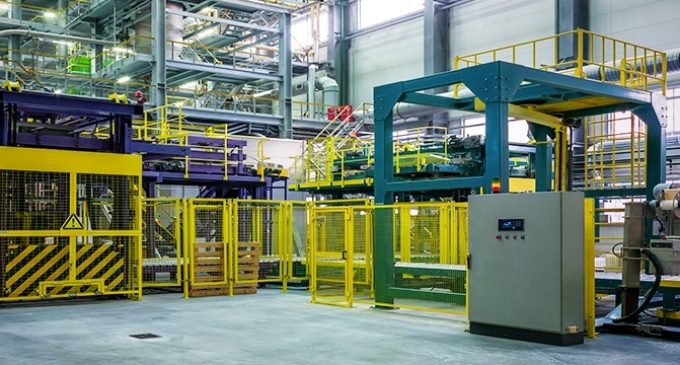Steepest fall in Irish manufacturing new orders since December 2022

AIB Ireland Manufacturing PMI® data signalled a sustained reduction in output volumes and incoming new work during April, with both rates of decline accelerating since the previous survey period. Total new business decreased to the greatest extent for 16 months, in part reflecting a sharp fall in export sales. Business activity expectations nonetheless picked up from March’s 41-month low, supported by hopes of a turnaround in sales pipelines over the course of 2024.
Commenting on the survey results, David McNamara, AIB Chief Economist, said: “The April AIB Irish Manufacturing PMI survey shows a deteriorating trend in activity in the sector, with the headline index falling to 47.6 from 49.6 in March. The fall in April was the sharpest rate of decline since July 2023 and aligns with broader declines observed across other European PMI surveys last month. This decline in the headline index reflects underlying weakness in output, new orders, and hiring trends in the sector last month. The Irish PMI remains above the flash April reading for the Eurozone at 45.6 but below the US and UK at 49.9 and 48.7, respectively.
 “The Output Index declined for a second month running, falling to its lowest level since October 2023. A generally weaker demand environment was cited, including from clients in the construction sector. New orders were also sharply lower, owing to softer domestic and export demand. The rate of decline in new orders was the fastest since December 2022, while external demand from the UK and Eurozone was again subdued in April.
“The Output Index declined for a second month running, falling to its lowest level since October 2023. A generally weaker demand environment was cited, including from clients in the construction sector. New orders were also sharply lower, owing to softer domestic and export demand. The rate of decline in new orders was the fastest since December 2022, while external demand from the UK and Eurozone was again subdued in April.
“Stocks of both inputs and finished goods fell in April on the back of weakening demand, which was also reflected in a renewed decline in purchasing activity. Despite lower purchases, vendor delivery times lengthened in April, with the ongoing Red Sea shipping diversions a source of disruption to supply chains. Given the current challenges in the sector, firms paused hiring, with the employment index at the no-change level in April, ending a 3-month stretch of modest job creation.
“On a positive note, input price inflation eased sharply in April to a 3-month low, with respondents pointing to cheaper raw material costs. Surprisingly, output price inflation accelerated despite declining demand and points to lingering pricing power within the sector, with firms passing on prior rises in inputs, including labour costs.
“Looking ahead, firms remain somewhat positive on the outlook for the next 12 months, with the latest reading of the Business Expectations Index rising sharply from the 41-month low recorded in March. Close to half of respondents still expect a rise in output volumes during the next year, compared to 14% who expect a decline.”



























